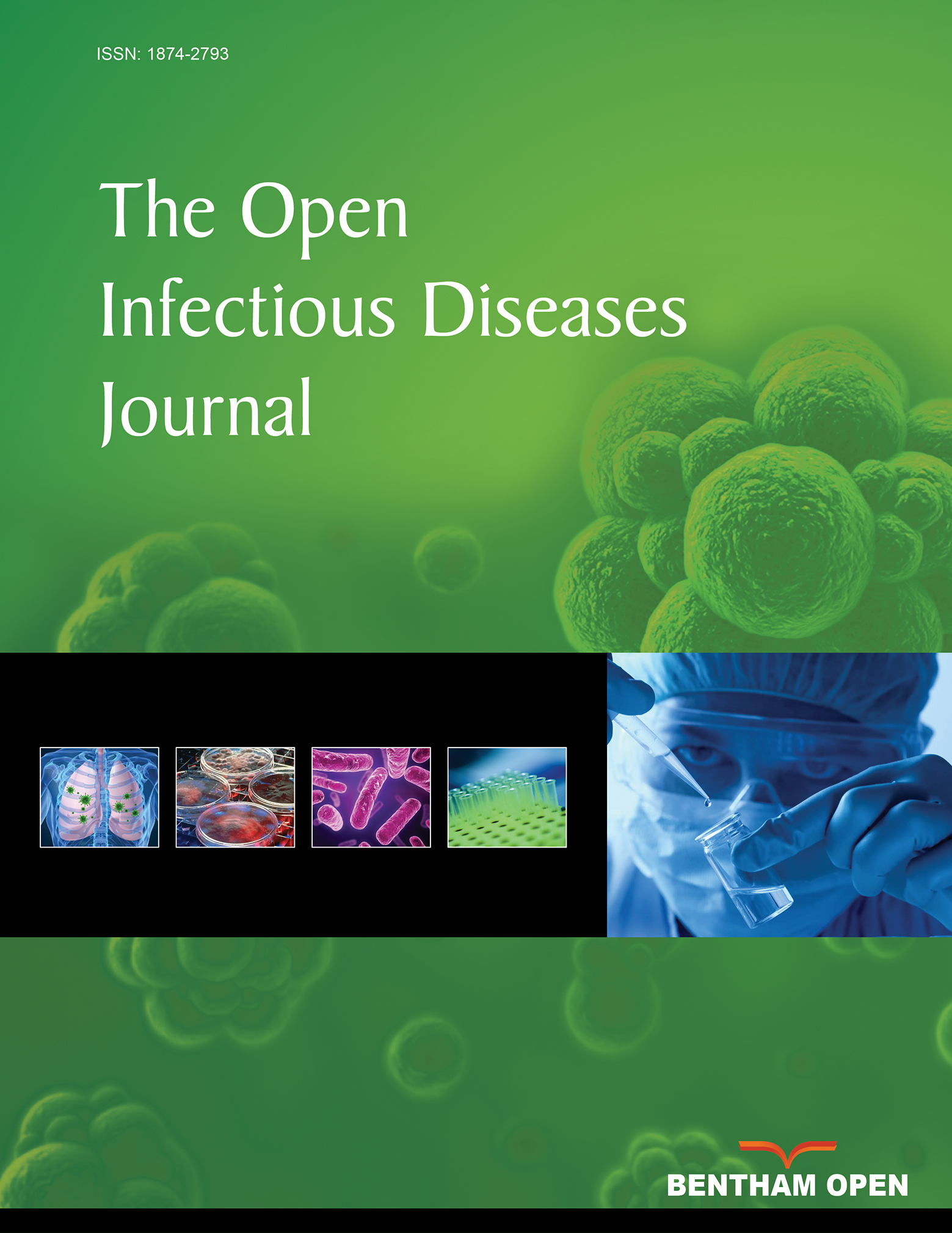All published articles of this journal are available on ScienceDirect.
Parvovirus B19 Infection in Pregnancy: Implications for Childhood Outcomes?
Abstract
Background:
Maternal parvovirus B19 infection can lead to serious consequences in the fetus including fetal death, non-immune hydrops fetalis and possibly long-term adverse neurodevelopmental outcome. To date, there has been no systematic review of the literature regarding long-term outcomes of these infants and children.
Objective:
To systematically review the literature on the long-term neurodevelopmental outcomes of infants and children born to mothers with acute parvovirus B19 infection in pregnancy.
Methods:
Electronic databases MEDLINE, EMBASE, CINAHL, PsychInfo, Cochrane Database of Systematic Reviews (CDSR) and Cochrane Central Register of Controlled Trials (CCRT) were searched to identify studies that reported on long-term neurodevelopmental outcome of infants and children born following maternal parvovirus B19 infection in pregnancy. No language restrictions were applied. Data synthesis was performed using qualitative description and was categorized based on 1) outcome of infants and children with clinical presentation of non-immune hydrops fetalis and 2) outcomes of infants and children born to mothers with serologic evidence of acute infection.
Results:
Eleven studies were included. Five studies reported on outcomes in infants and children with non-immune hydrops fetalis while six studies reported on outcomes in infants and children born to mothers with serologic evidence of acute infection. There is a suggestion that the incidence of adverse neurodevelopmental outcome is higher in those who present with non-immune hydrops fetalis [18% (7/39), range from individual studies 0-31.3%] compared to asymptomatic infants and children born to mothers with acute parvovirus B19 infection in pregnancy [2.4% (12/494) range from individual studies 0-7.4%].
Conclusion:
Even though the outcome of parvovirus B19 in pregnancy in most cases is favorable, there is some supportive data that fetal parvovirus B19 infection can cause central nervous system damage. Future prospective studies needs to be conducted to address this issue.


